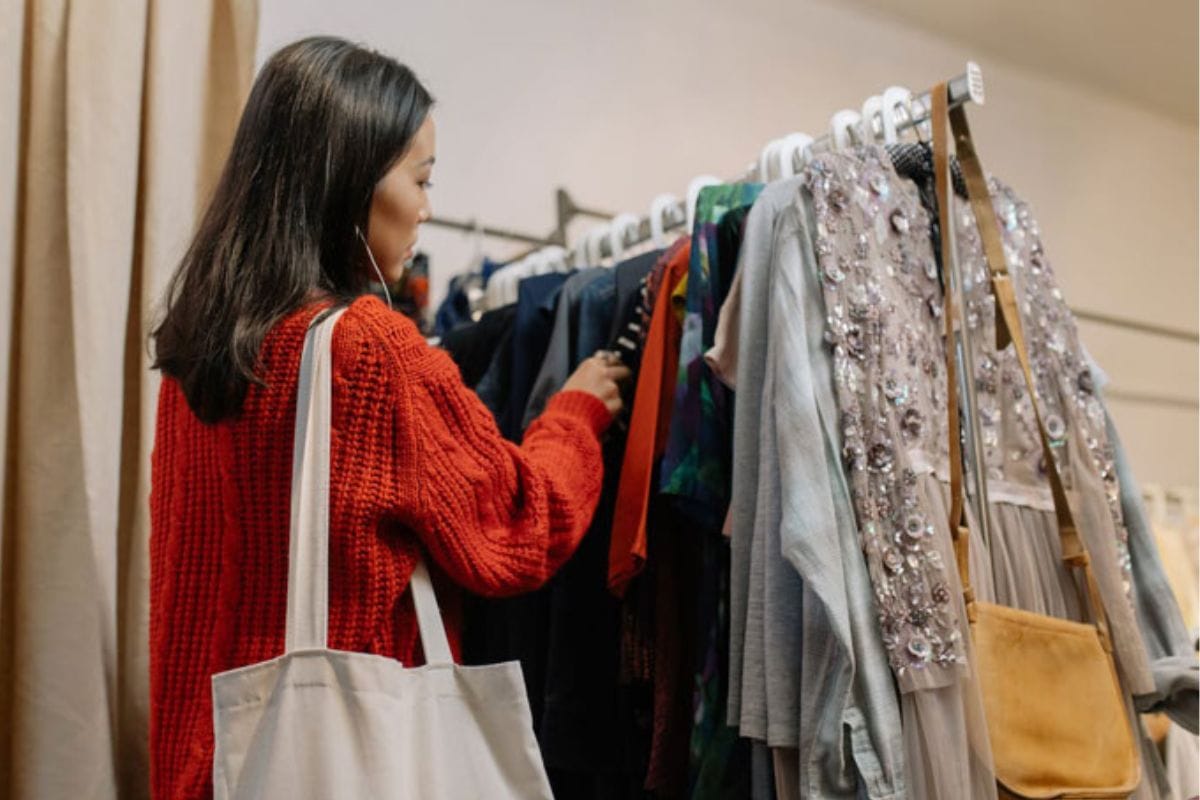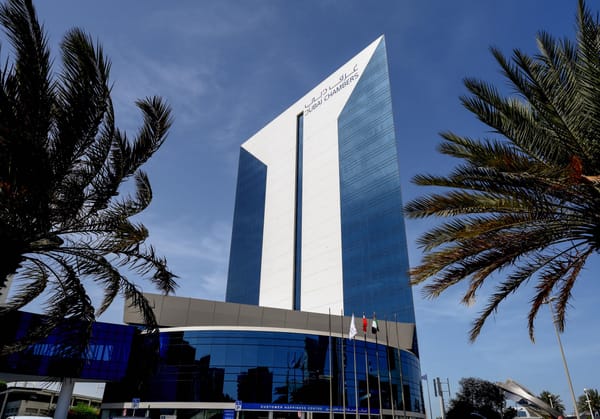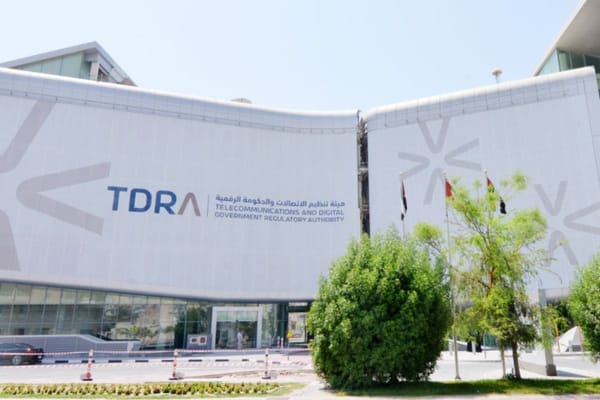Beyond the shimmering façade of fashion boutiques lies an industry teeming with environmental degradation, social injustice, and ethical dilemmas. Each year, the global fashion industry produces over 97 million tonnes of textile waste, polluting landfills and waterways with discarded garments and toxic dyes. While fast fashion offers affordability and trend-driven clothing, its environmental and social impacts are increasingly coming to light. From excessive waste generation to unethical labor practices, the consequences of our insatiable appetite for fast fashion echo far and wide, leaving a trail of destruction.
In recent years, there has been a burgeoning interest in sustainability within the fashion industry. Dubai's fashion market is no exception, experiencing its own revolution as conscious consumerism takes center stage.
Explore ways to break free from the fast fashion frenzy and embrace a more mindful approach to shopping.
What is fast fashion?
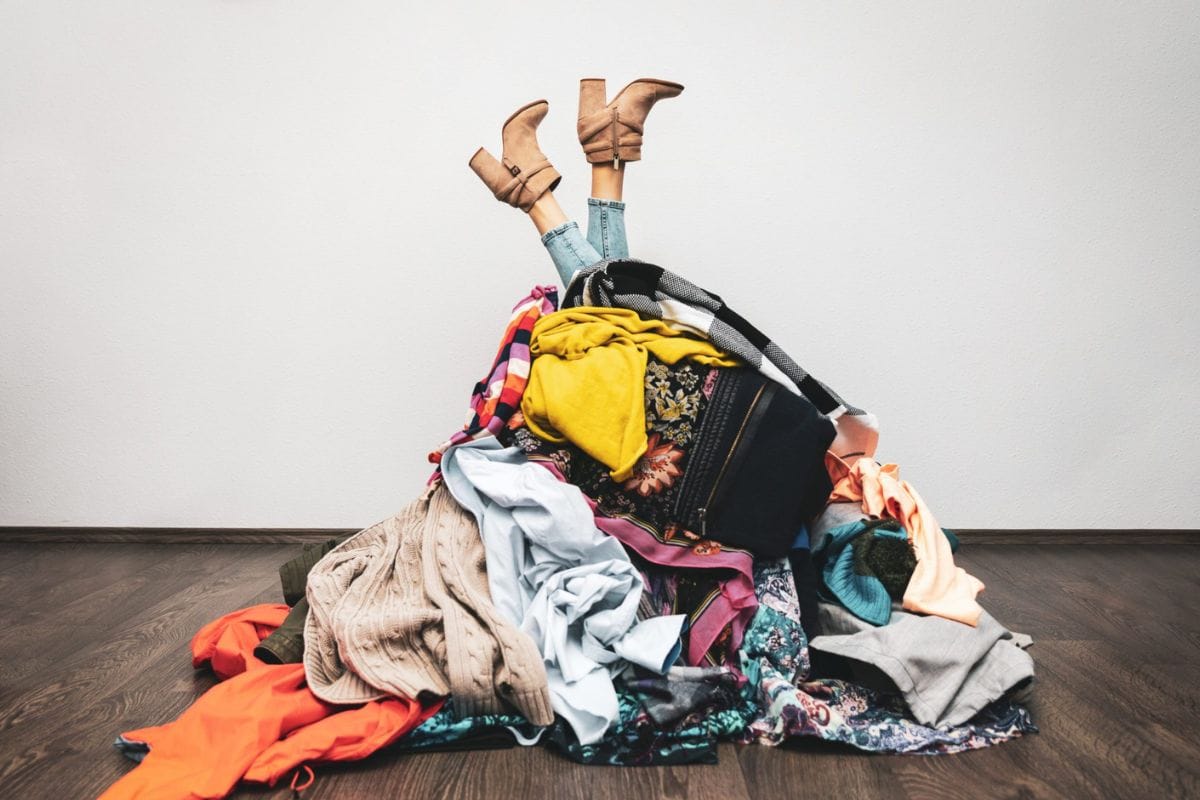
Fast fashion refers to the rapid production and distribution of inexpensive clothing collections inspired by current fashion trends. Brands under the fast fashion umbrella prioritize speed and affordability. These brands bring out trendy garments at breakneck speeds often mimicking designs seen on high-fashion runways. This approach allows for quick turnover of inventory, enabling retailers to keep up with rapidly changing consumer tastes and trends.
However, the consequences of fast fashion are far-reaching and profound. The unending hunt for low-cost, disposable clothing leads to excessive consumption and contributes to environmental degradation. The fashion industry becomes one of the largest polluters globally by generating vast amounts of textile waste and carbon emissions. The supply chain relies on exploitative labor practices where workers are often subjected to unsafe working conditions and inadequate wages.
Despite these drawbacks, many people are drawn to fast fashion due to its affordability, accessibility, and the appeal of constantly evolving styles. The convenience of shopping at fast fashion retailers, coupled with aggressive marketing tactics, fuels consumer demand for cheap and trendy clothing.
Challenges of Fast Fashion Consumption
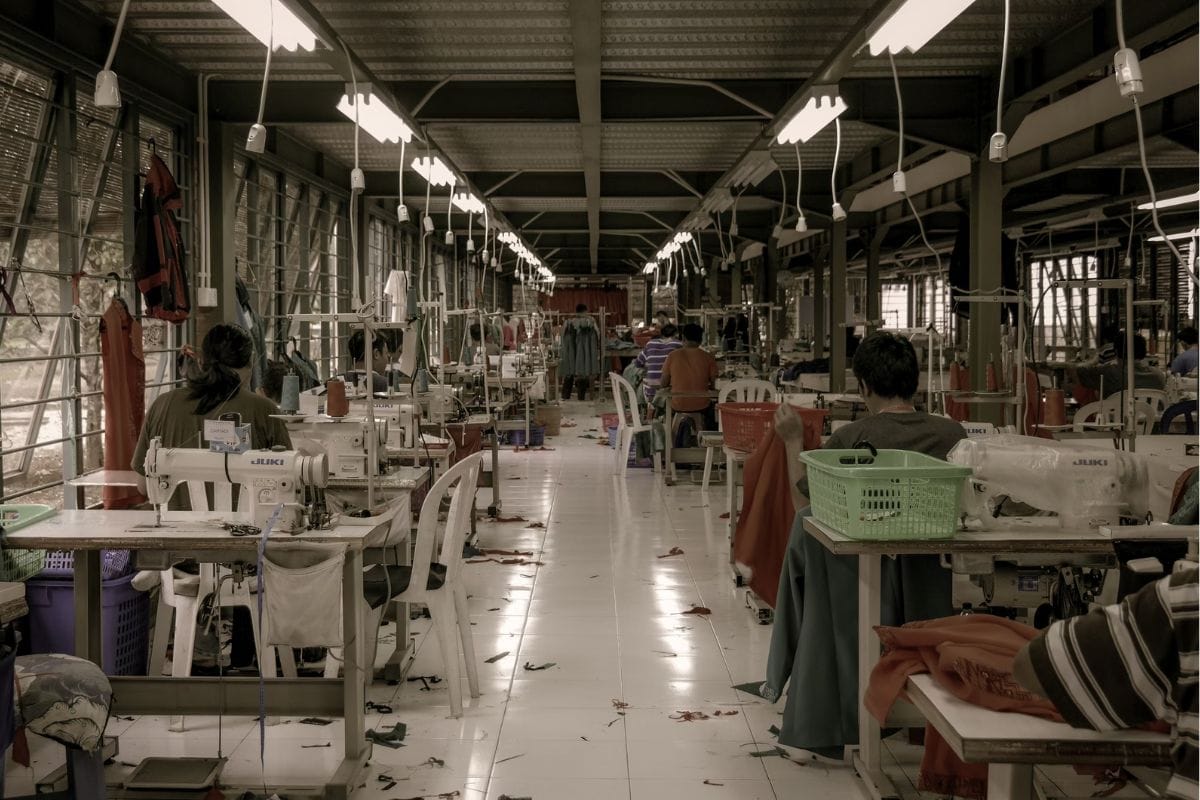
Dubai’s fast-paced lifestyle and consumer culture aggravate the consequences of fast fashion. While offering affordability and trend-driven clothing, it poses significant challenges to both society and the environment. Here are some of them:
Environmental impact
The production process often relies on the use of synthetic materials derived from fossil fuels, such as polyester and nylon, which have a high carbon footprint and release harmful emissions during manufacturing. The rapid turnover of clothing leads to excessive waste generation, with millions of tonnes of textiles ending up in landfills each year, where they can take centuries to decompose. This production, consumption, and disposal cycle perpetuates a linear resource extraction and waste generation model.
Labor exploitation
The fast fashion industry is notorious for its reliance on cheap labor and exploitative working conditions. Garment workers, predominantly located in developing countries with lax labor regulations, are often subjected to long hours, low wages, and unsafe working conditions. Many workers, including women and children, toil in sweatshops where they are denied basic rights such as fair wages and safe working conditions.
Social injustice
Fast fashion prioritizes profit over people. The relentless drive for low-cost production in garment-producing countries leads to decreased wages and labor standards leading to systematic inequality and poverty. The demand for cheap labor often leads to the outsourcing of manufacturing jobs to countries with lower labor costs. This results in job losses and economic instability in regions where the textile industry was once a source of livelihood.
Ethical concerns
The opaque supply chains and lack of transparency inherent in the fast fashion industry raise ethical concerns regarding the sourcing and production of clothing. Many fast fashion brands subcontract production to third-party suppliers. This makes it difficult to trace the origins of raw materials and ensure compliance with labor and environmental standards. This lack of transparency enables unethical practices such as child labor, forced labor, and environmental pollution to persist unchecked.
How to Become a Conscious Shopper in Dubai
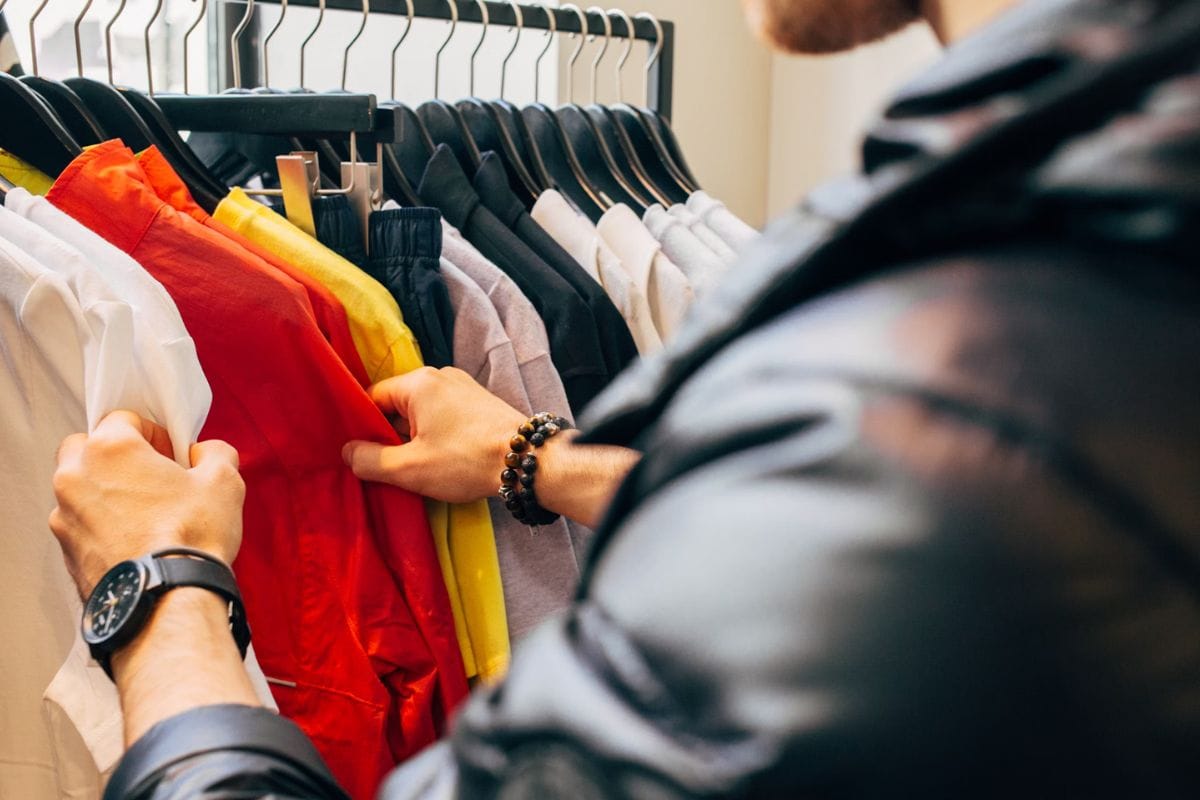
Navigating the expansive fast fashion market in Dubai can be challenging, given its allure of enticing offers and affordability. However, breaking free from the temptation to shop at these stores is possible. Here are some practical tips to help you navigate the fast fashion landscape and embrace a more conscious shopping ethos.
Assess your wardrobe before shopping
Go through your wardrobe to look for items bought from fast fashion brands. Evaluate their quality, fit, and alignment with your style and values, then consider donating or selling those that do not meet your criteria. Before embarking on a shopping trip, set clear intentions for what you need and why. Define your style, identify gaps in your wardrobe, and determine the specific items you are looking for. By having a clear vision and purpose, you can avoid falling into the trap of impulse buying and make more intentional purchasing decisions.
Research sustainable brands
Dubai is home to many sustainable fashion brands. Take time to research sustainable and ethical fashion brands operating in the city. Look for brands that prioritize transparency, ethical production practices, and environmentally friendly materials. Explore local and international sustainable fashion labels, as well as online platforms and boutiques that curate ethically made and eco-conscious collections.
Thrift shopping
Embrace the vibrant market for second-hand clothing in Dubai. Visit thrift stores and flea markets to discover unique and pre-loved garments at affordable prices. Shopping second-hand not only reduces waste and carbon emissions but also allows you to express your style while supporting circular fashion initiatives.
Invest in quality
Instead of chasing fast fashion bargains, invest in high-quality garments that are built to last. Choose timeless pieces made from durable materials and classic designs that transcend seasonal trends. Look for basic fashion pieces instead of trendy ones as the former allows you to create multiple looks and wear them for years to come. Trendy pieces often go out of style within a few weeks or months.
Practice mindful consumption
Before making a purchase, pause and ask yourself whether you truly need the item and how it aligns with your values and lifestyle. Consider the environmental and social implications of the product, including its production process, materials, and labor practices. Opt for quality over quantity and prioritize items that bring joy and meaning to your wardrobe.
Limit impulse buys
Resist the urge to make impulse purchases by implementing strategies such as creating a shopping list or setting a budget. You can also follow the seven-day rule to turn away from impulsive spending habits. It provides a waiting period after identifying a want or need before making the purchase. Avoid shopping when you are feeling stressed, bored, or emotional, as these emotions can lead to impulsive and unnecessary purchases.
Educate yourself
Stay informed about the environmental and social impacts of fast fashion and the benefits of sustainable and ethical fashion practices. Educate yourself about the issues surrounding the fashion industry, including labor exploitation, environmental degradation, and waste pollution. By increasing your awareness and knowledge, you can make more informed and conscious shopping choices.
Rent clothes
Party dresses, often among the least worn yet most expensive items in our wardrobes, can be rented from fashion rental platforms for events and returned afterward. This practice reduces the demand for new clothing production. It fosters a circular economy model that utilizes resources more efficiently, minimizes textile waste, and decreases the environmental footprint linked to garment manufacturing, transportation, and disposal. Moreover, renting enables individuals to enjoy access to high-quality designer pieces for special occasions without financial constraints.
Extend the lifespan of your clothing
Extend the lifespan of your clothing through proper care and maintenance practices. Follow the care instructions provided by garment labels to preserve the quality and integrity of your clothing items. Repair damaged garments instead of discarding them, and explore DIY techniques such as sewing, mending, and upcycling to breathe new life into old clothing. Consider donating or reselling gently used clothing to minimize waste and support circular fashion initiatives in Dubai.
By implementing these tips and adopting a mindful approach to shopping, you can break free from the fast fashion frenzy in Dubai and contribute to a more sustainable and ethical fashion landscape.
Also Read:



